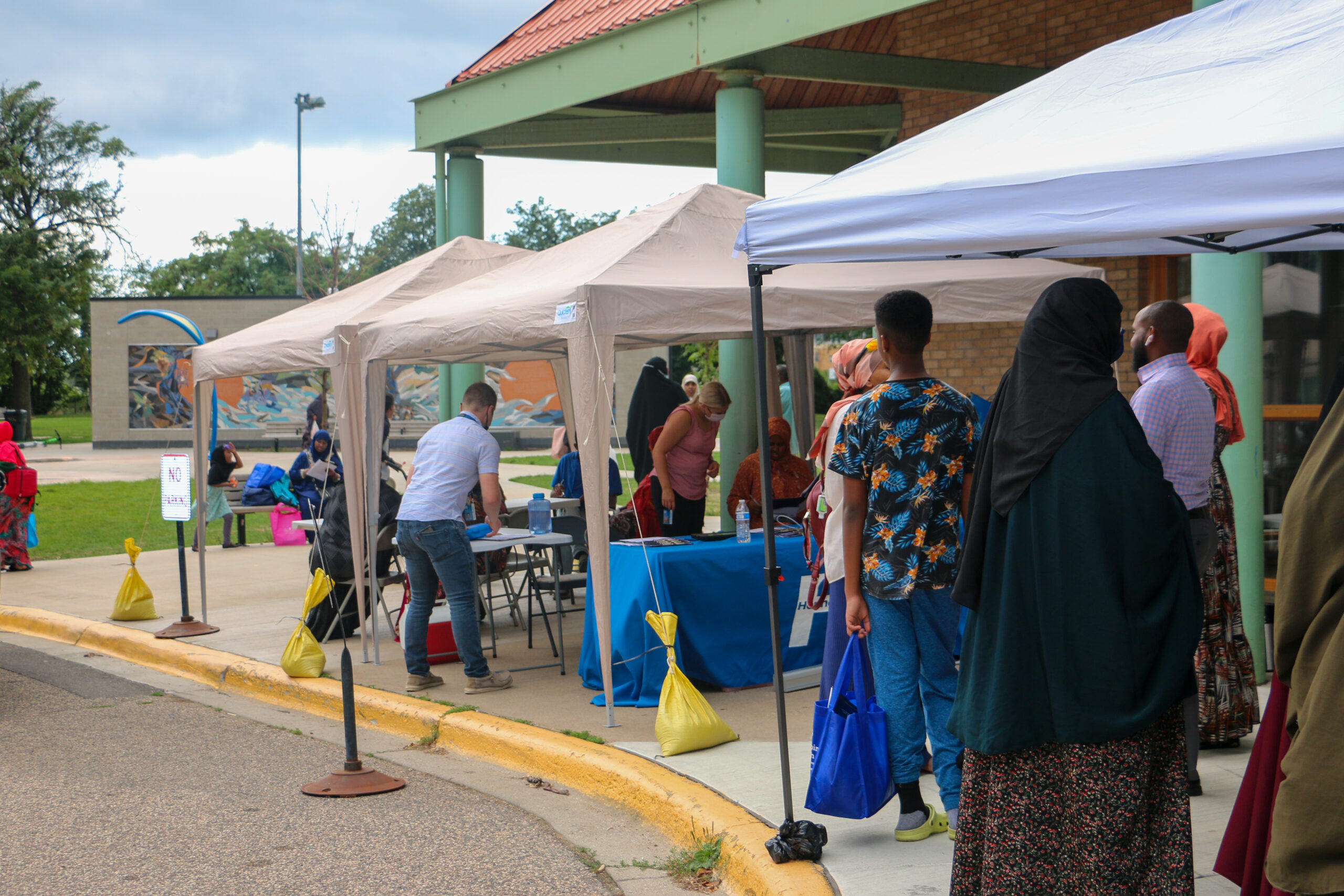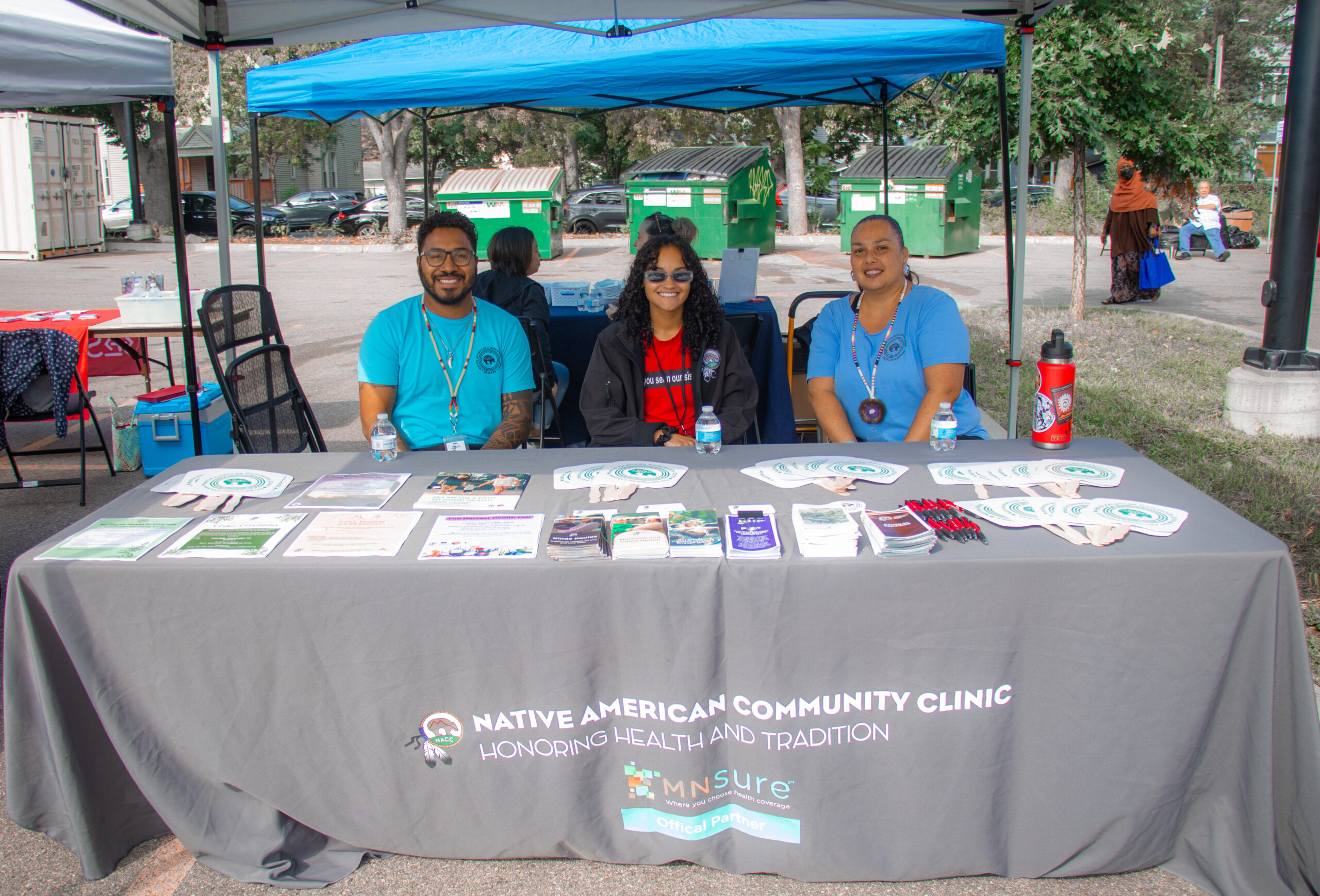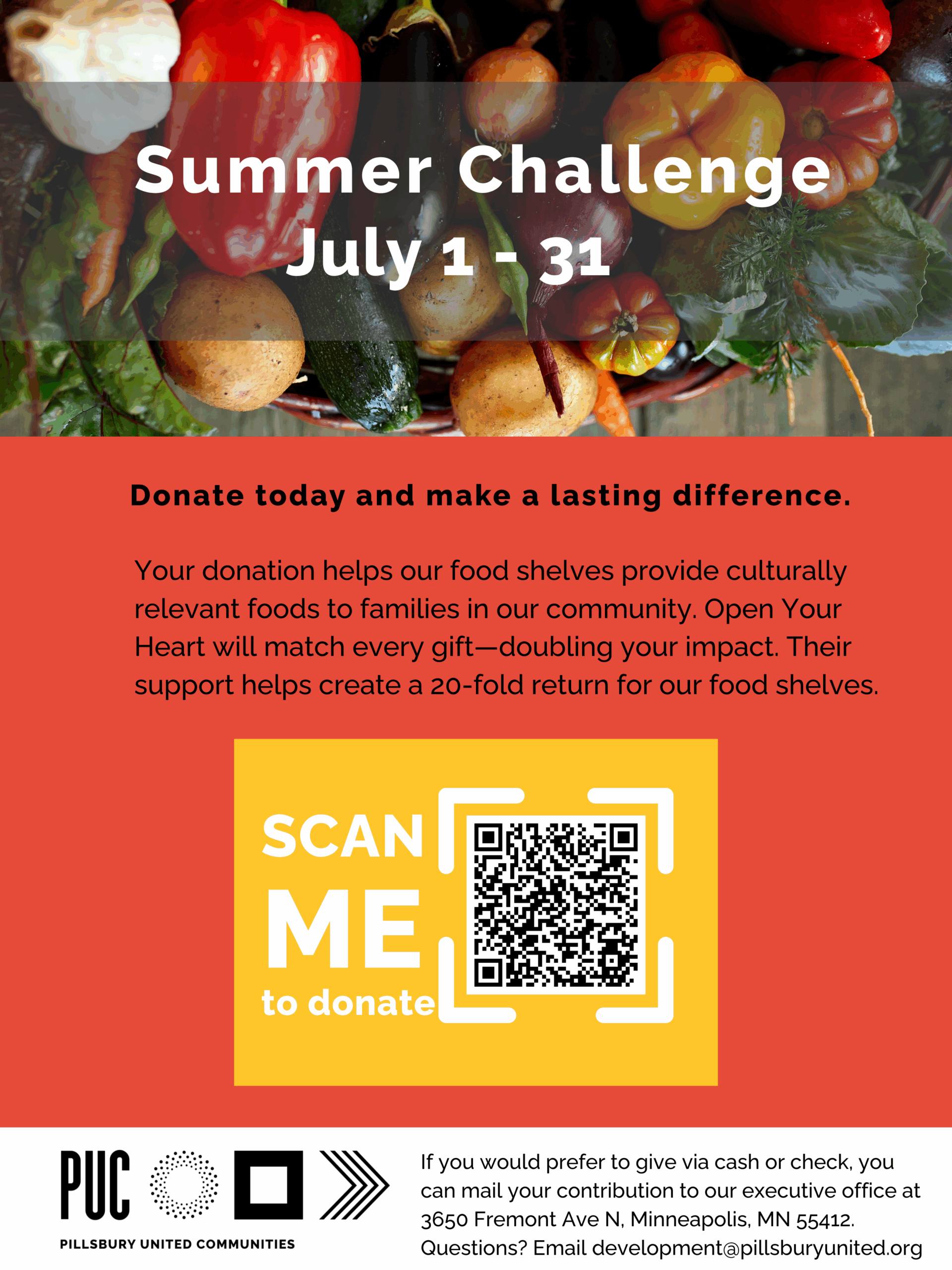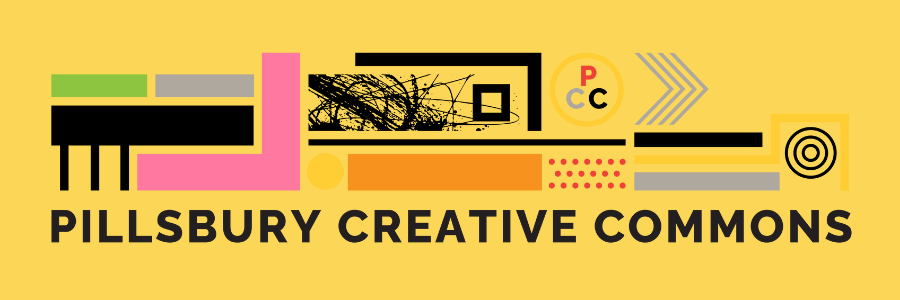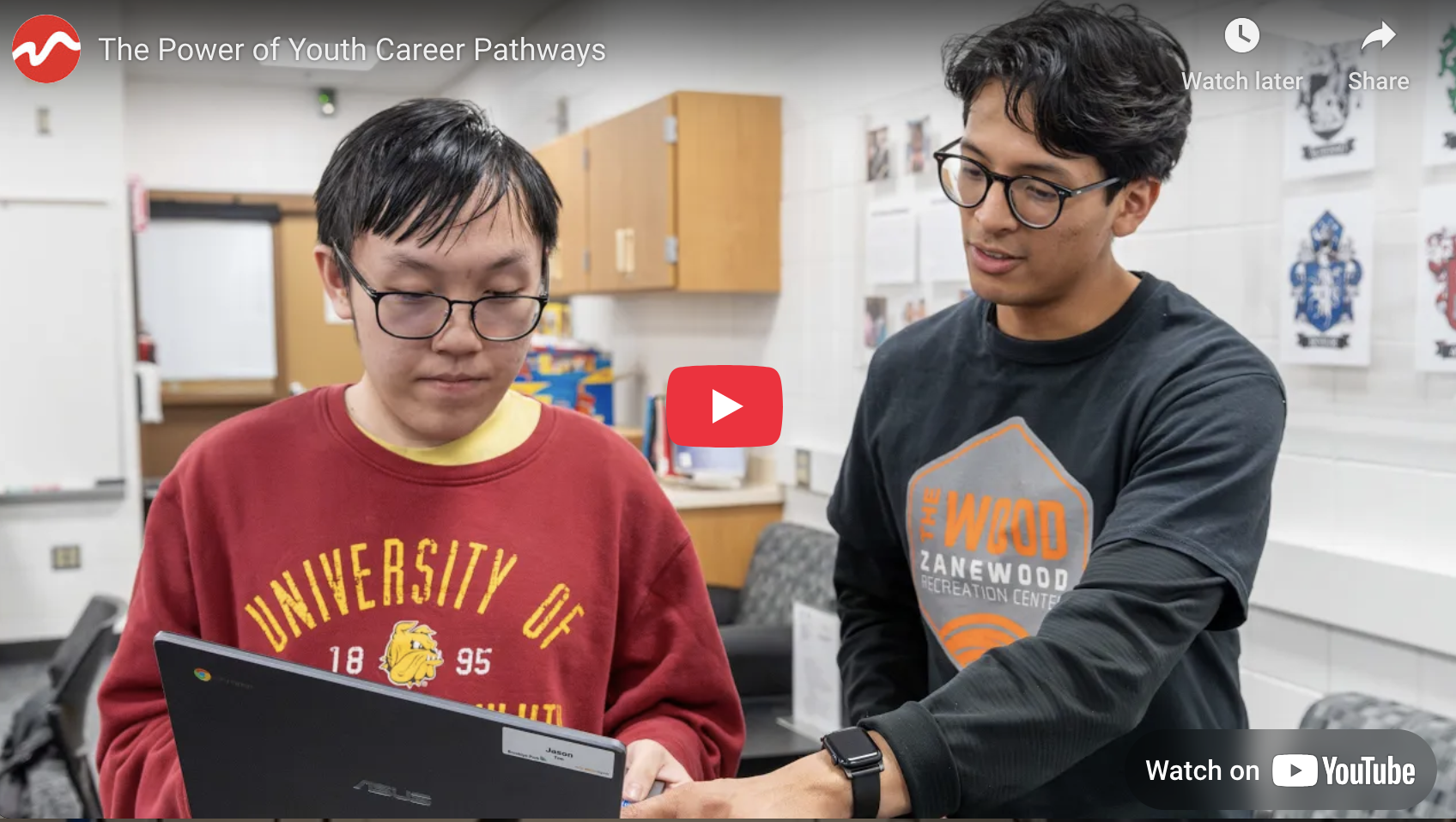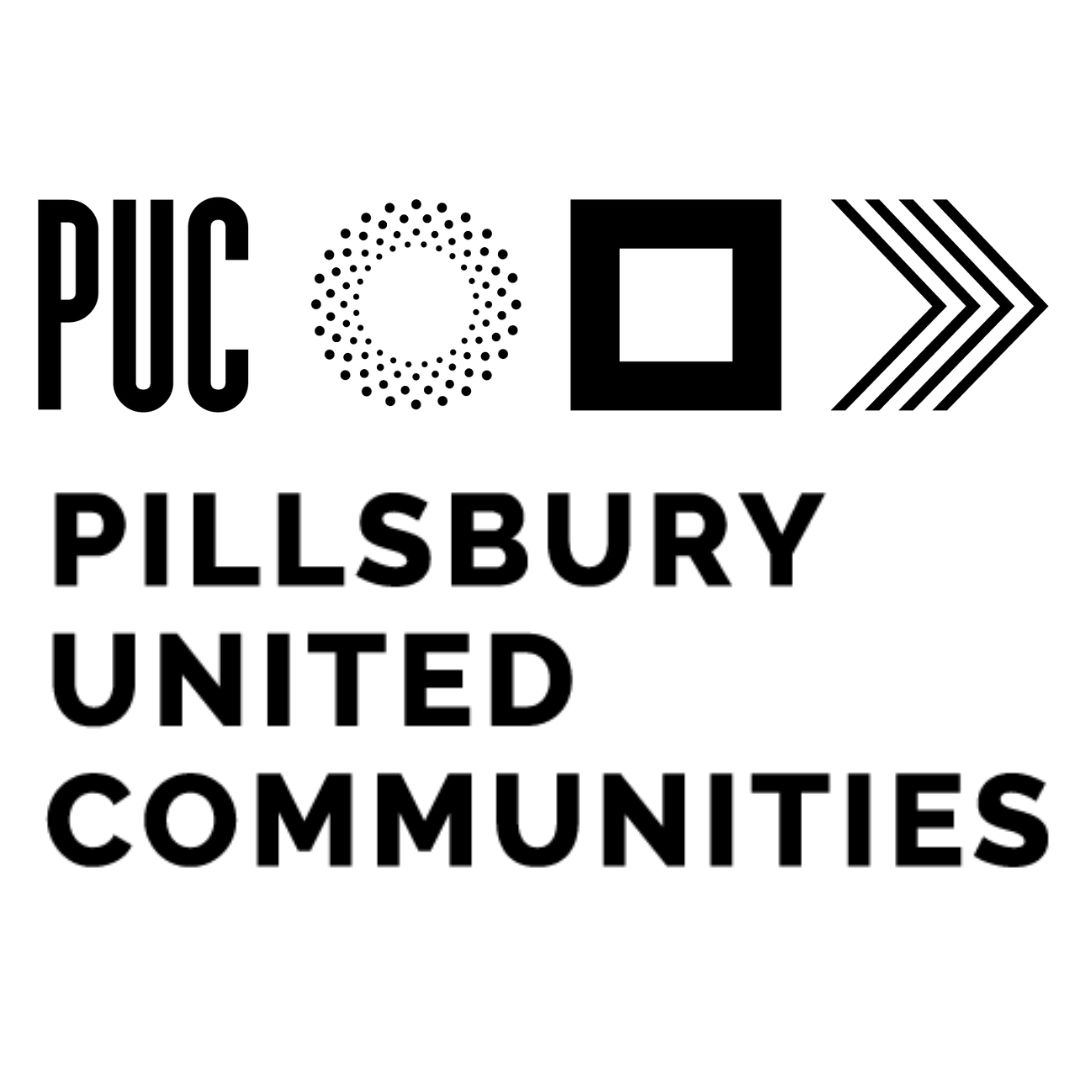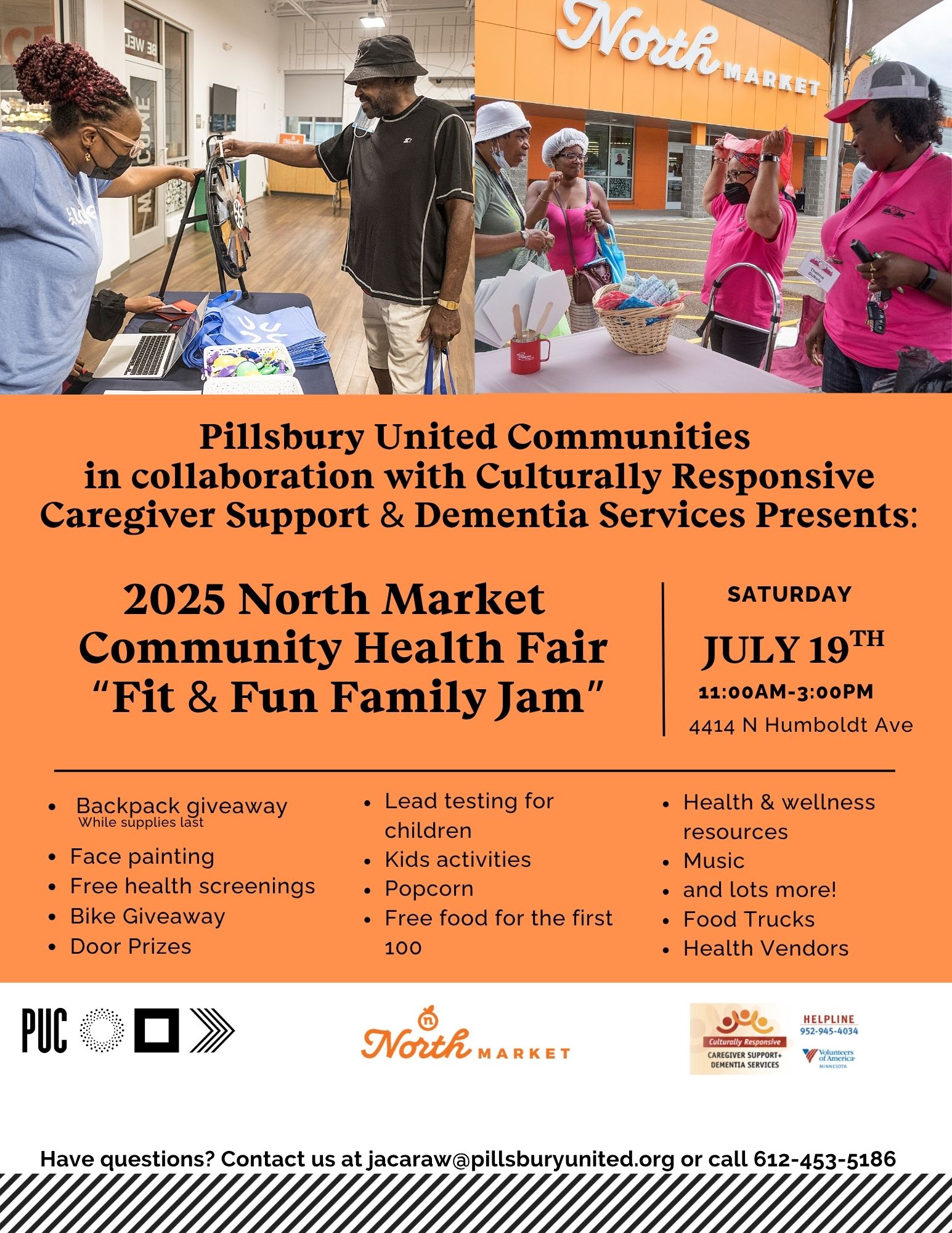
June 20 @ 8:00 pm – 12:00 am
Pride Glow Up at Nowhere Entertainment: A Night of Color, Celebration, and Community
Nowhere Entertainment 5300 South Robert Trail, Inver Grove Heights, Minnesota, United States
Mark your calendars for Friday, June 20, 2025, because Nowhere Entertainment is throwing a celebration you won’t want to miss. From 8:00 PM to Midnight, join us for our first-ever Pride Glow Up — a high-energy, night of fun, color, community, and self-expression! We’re transforming our entertainment center into a vibrant rainbow wonderland, complete with […]
June 20 @ 10:00 pm – 2:00 am
Forbidden Pride Party
Ground Zero Nightclub 15 NE 4th St., Minneapolis, MN, United States
The Forbidden Bazaar celebrates diversity year round, but in June we go extra! This variety show will feature queer and trans performers, from burlesque to drag, aerial acrobatics to fire dancing, and more! Get your photo taken in our photobooth, check out wearable art from many different vendors, dance the night away, and get onstage […]
June 21 @ 9:00 am – 1:00 pm
Chisago Lakes Family Pride
Chisago Lakes Middle School grounds 13750 Lake Blvd, Lindstrom, MN, United States
Welcome to the Family Pride Run/Walk & Vendor Fair! Our goal is to create a safe, welcoming, and affirming environment where LGBTQ+ individuals, their families, and friends can feel a sense of belonging, celebrate their identities, and build a community of support and acceptance in the Chisago Lakes area. Join us at Chisago Lakes Middle […]
June 21 @ 12:00 pm – 2:00 pm
Pride Brews & Drag Brunch
Boom Island Brewing Company and Taproom 5959 Baker Rd, Minnetonka, MN, United States
Mark your calendars for June 21st and celebrate PRIDE MONTH with POWER Drag Revue. Get ready to brunch and be dazzled at Boom Island Brewing Co’s “brew-unch” Drag Brunch event! Sip on your favorite Boom Island brews and seltzers, savor delicious bites from the food truck, and prepare to be wowed by a fabulous Pride-themed drag show! […]
June 21 @ 5:30 pm – 9:00 pm
The Capri Presents: ROAR! Featuring Bebe Zahara Benet
Capri Theater
ROAR! A Global Music Spectacle Featuring BeBe Zahara Benet A Revolution in Rhythm This Pride Month, the legendary Capri Theater opens its doors for an unforgettable night of communal celebration and radical joy. ROAR! is more than a concert—it’s a cultural awakening, headlined by none other than BeBe Zahara Benet, the trailblazing performer and winner […]
June 21 @ 7:30 pm – 9:30 pm
Leading Ladies: Divas of Broadway
Ordway Concert Hall 345 Washington Street, Saint Paul, MN, United States
She’s back! Join TCGMC and Broadway star, Britney Coleman, at the Ordway Concert Hall for Leading Ladies! A little bit beauty and a little bit beast, this concert explodes with the music of Broadway sung by the biggest divas to grace the stage. “Let us entertain you” with songs from Gypsy, Into the Woods, Chicago, […]
June 22 @ 11:00 am – 2:00 pm
Twin Cities Pride Family Fun Day
Como Park East Pavilion 1151 Como Ave, St. Paul, MN, United States
Join us for an action packed celebration of LGBTQIA+ families at our annual Family Fun Day! This FREE event is open to all families, friends, and allies. We can’t wait to share this special day with you! Free community meal including hot dogs, chips, beverages, and more. Engaging crafts, exciting games, and fun activities for […]
June 22 @ 12:00 pm – 3:30 pm
Puppies & Pumps Drag Show + Purse Bingo
JX Venue 123 Second St N, Stillwater, MN, United States
As part of Saint Croix Valley’s Queer Crawl we have teamed up with COCO’S HEART DOG RESCUE and THE MINNEAPOLIS DRAG SCENE for a super fun event! Bring your entire crew, play with ADOPTABLE PUPPIES, sip on drinks from our full bar, WIN CASH + DESIGNER PURSES WITH BINGO and have fun watching an epic DRAG SHOW!! […]
